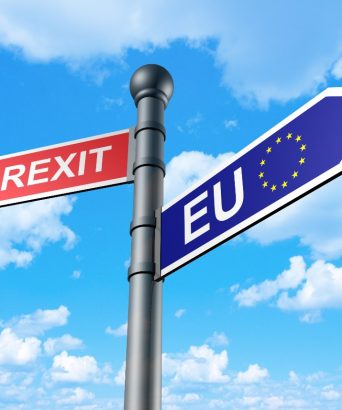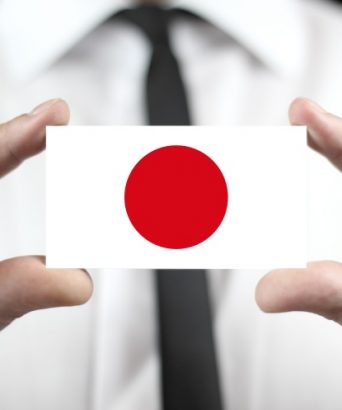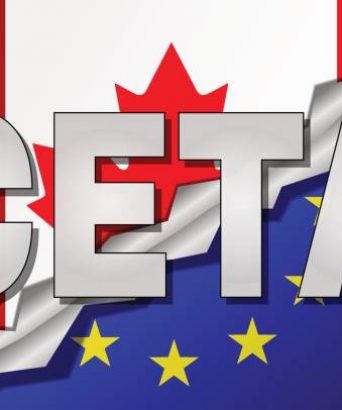New regulations on medical devices
The European Commission has adopted new #regulations on the manufacturing of #medicaldevices and in-vitro diagnostic devices across the EU
Consultation on the evaluation of VAT invoicing rules
DG TAXUD is conducting a public consultation on the evaluation of VAT invoicing rules. This is relevant to SMEs, providing an opportunity to comment on the current invoicing rules, as amended by the Second Invoicing Directive (2010). The VAT Directive – 2006/112/EC provides common rules at the level of the EU regarding the issuance, content, […]
Brexit: European Commission publishes Communication on preparing for the UK’s withdrawal from the EU
The European Commission has adopted a document outlining the ongoing work on the preparation for all outcomes of the United Kingdom’s withdrawal from the European Union. The UK’s withdrawal from the EU will have repercussions for citizens, businesses and administrations in both the United Kingdom and the EU. These repercussions range from new controls at […]
New tool to show EU towns and cities exporting to Japan
Interested in what opportunities the EU’s trade deal with Japan might bring to your country or your home town? The new tool developed by the European Commission includes infographics for each EU country, detailing the number of exporting companies, the number of jobs supported by exports to Japan, a list of products exported from each […]
EU-Japan Summit: a landmark moment for trade and cooperation
At the 25th EU-Japan Summit, which took place in Tokyo in July, two agreements have been signed that will significantly boost bilateral trade (the Strategic Partnership Agreement and the Economic Partnership Agreement). The Economic Partnership Agreement between the EU and Japan creates an open trade zone covering over 600 million people and nearly a third […]
Survey on the use of preferential rules of origin under the Free Trade Agreements of the European Union
When the European Union concludes a Free Trade Agreement (FTA) with a partner country, its exporters can benefit from reduced duty (or duty-free) treatment when exporting to that country. In order to qualify for this preferential treatment, the product must originate from an FTA party, in other words, it must fulfil all the rules of […]







